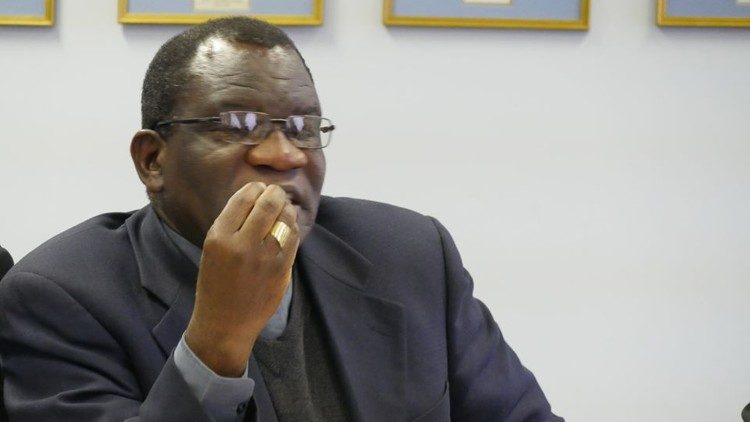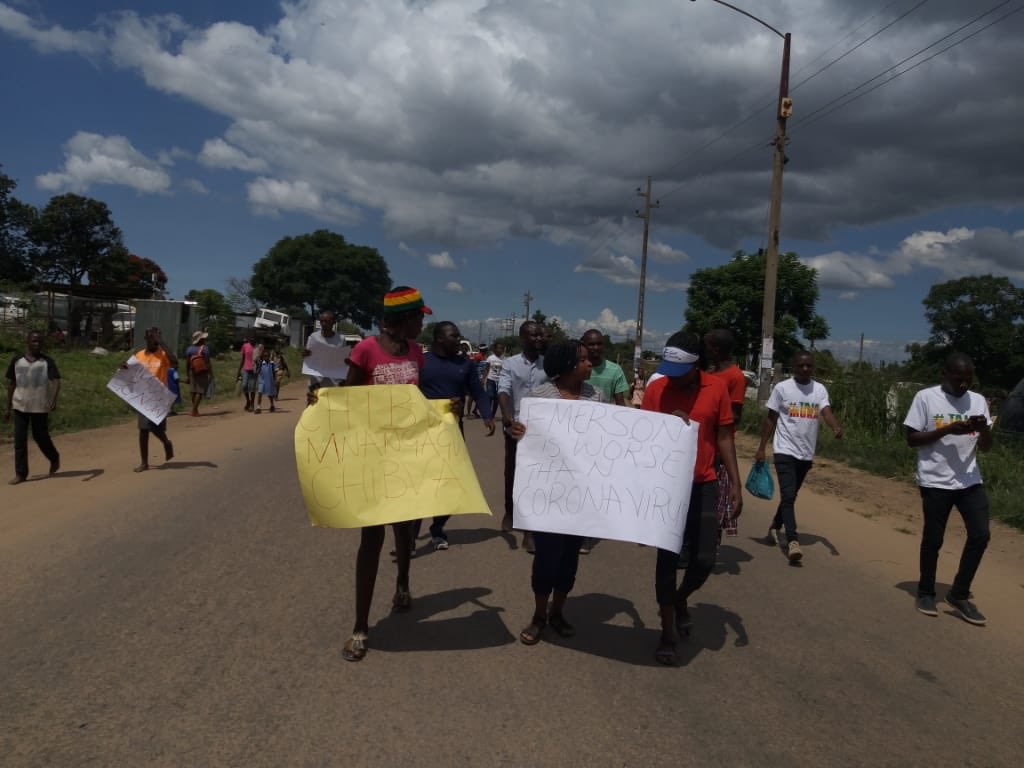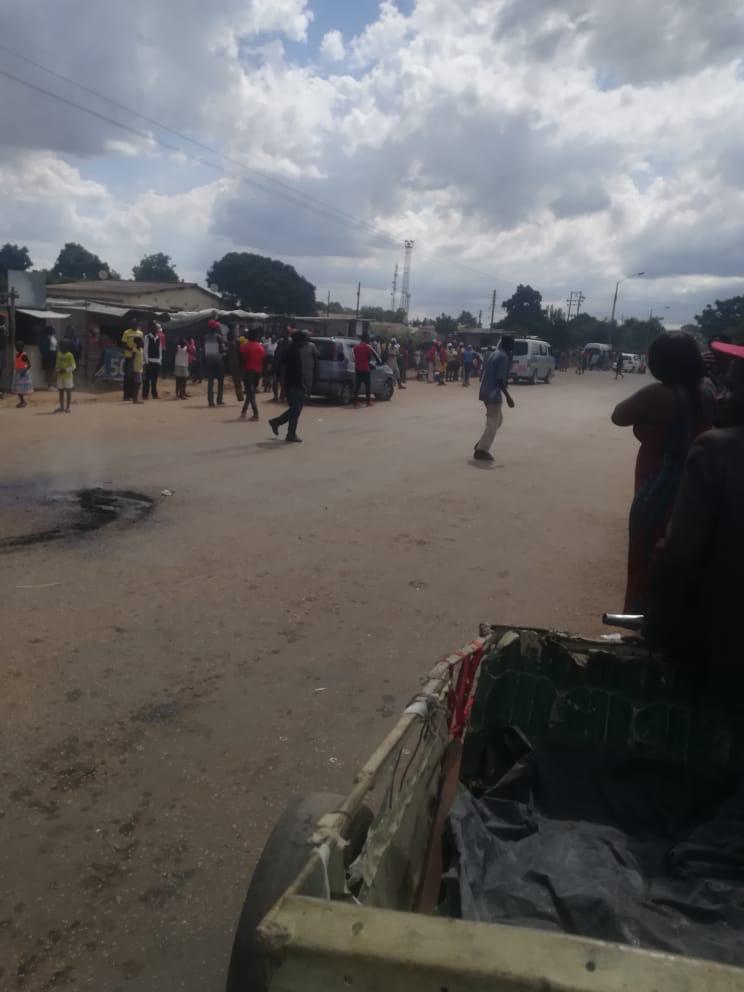PARLIAMENTARY COMMITTEES SERIES 8/2020
Open Committee Meetings Monday 2nd and Thursday 5th March
There will be committee meetings open to attendance by the public in Parliament Building, Harare, this coming week, as indicated below.
Members of the public may attend these meetings – but as observers only, not as participants, i.e. they may observe and listen but not speak. If attending, please use the entrance to Parliament on Kwame Nkrumah Ave between 2nd and 3rd Streets. Please note that IDs must be produced.
The details given in this bulletin are based on the latest information from Parliament. But, as there are sometimes last-minute changes to the meetings schedule, persons wishing to attend should avoid disappointment by checking with the committee clerk that the meeting concerned is still on and open to the public. Parliament’s telephone numbers are Harare 2700181 and 2252940/1.
Reminder: Members of the public, including Zimbabweans in the Diaspora, can at any time send written submissions to Parliamentary committees by email addressed to [email protected] or by letter posted to the Clerk of Parliament, P.O. Box 298, Causeway, Harare or delivered at Parliament’s Kwame Nkrumah Avenue entrance in Harare.
Monday 2nd March at 10.00 am
Portfolio Committee: Defence, Home Affairs and Security Services
Oral evidence on petitions received from the Coloured Community and the Chikunda Tribe
Venue: Committee Room No. 1
Portfolio Committee: Environment, Tourism and Hospitality Industry
Oral evidence from Mr Madungure on his petition on alleged emission of toxic pollutants by Steel Brands Company in Houghton Park
Venue: Committee Room No. 413
Portfolio Committee: Higher and Tertiary Education
Oral evidence from student representatives and stakeholders on the recent higher and tertiary education tuition fees hikes
Venue: National Assembly chamber
Monday 2nd March at 2.00 pm
Portfolio Committee: Budget, Finance and Economic Development
Oral evidence from the Bankers Association of Zimbabwe Mobile Money Transfer companies, CZI and ZNCC on the state of the economy [money supply situation, premiums charged by mobile money transfer companies]
Venue: Senate Chamber
Portfolio Committee: Information Communication Technology, Postal and Courier Services
Oral evidence from POTRAZ on the sharing of infrastructure by mobile network service providers
Venue: Committee Room No. 413
Thursday 5th March at 10.00 am
Portfolio Committee: Energy and Power Development
Oral evidence from Independent Power Producers [IPPs] and ZERA [Zimbabwe Energy Regulatory Authority] on the state of affairs in the renewable energy sector
Venue: Committee Room No. 311
Portfolio Committee: Information, Media and Broadcasting Services
Oral evidence from the Broadcasting Authority of Zimbabwe [BAZ] on regulations for establishment of Community Radio Stations
Venue: Senate Chamber
Portfolio Committee: Youth, Sport, Culture and Recreation
Oral evidence on the state of sporting facilities from the:
· Ministry of Youth, Sport, Arts and Recreation
· Ministry of Local Government, Public Works and National Housing
· Zimbabwe Football Association [ZIFA]
· Sports and Recreation Commission
Venue: Committee Room No. 2
Other Committee Activities of Interest
Inquiry into access to safe, clean and potable water
The Senate Thematic Committees on Human Rights, SDGs and Gender and Development will not only hold public hearings on this subject [as indicated in Veritas Parliamentary Committee Series Bulletin 7/2020 [link]], but will be touring Kwekwe Water Treatment Plant, the Nyamandhlovu Water Aquifer, the Nyazvidze Water Treatment Plant in Chivhu, the Masvingo Water Treatment Plant, the Rusape Water Treatment Plant and the Chipinge Water Treatment Plant.
Fact-finding visits to local authorities, 2nd to 10th March
The Portfolio Committee on Local Government will be paying fact-finding visits to Binga Rural District Council,
Hwange local authority, Victoria Falls local authority, Bulawayo City Council, Kadoma City Council, Chegutu Municipal Council and Zvimba Rural District Council. They are expected to receive briefings by council officials, and tour road networks, water works, clinics and schools.
Veritas makes every effort to ensure reliable information, but cannot take legal responsibility for information supplied.




 Jordan Rothman is a partner of
Jordan Rothman is a partner of 















